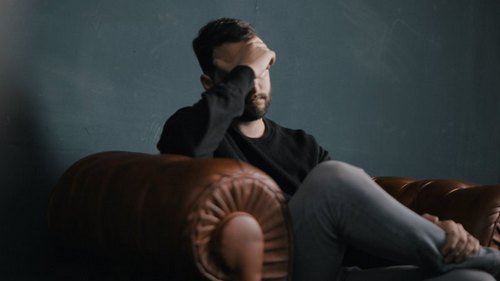COVID-19 and Mental Health: Is This Rock Bottom?
In a recent survey by KFF, 45% of adults in the United States confirm that they are anxious and stressed by the Coronavirus pandemic. As the scourge of the virus continues, this statistic is likely to increase. From financial distress to remote working and homeschooling challenges, and increased social isolation, the virus’s mental health stressors are numberless.
The old may be the most susceptible to the pandemic, but youths are also doing most of the suffering when it comes to COVID-19 and mental health problems.
Social isolation and loneliness
Social distancing rules and travel restrictions lead to poor mental health. Adverse mental health effects due to social isolation may be particularly high among adults and homes with adolescents.
These groups are already at risk for depression or suicidal thoughts. Exploring technology to keep in touch with friends and family may minimize the risks of both COVID-19 and mental health implications from the isolation.
Job loss
36.5 million Americans have lost their jobs since the pandemic started. Job loss elevates the risk for depression, anxiety, stress, and low self-esteem. These are all factors that can lead to substance abuse and start a vicious cycle of addiction and mental health issues.
Trusted data shows that half of the number of people who lost their jobs due to COVID-19 has had severe psychological impacts.
Increased anxiety for those termed as vulnerable
Millions of people worldwide fall into the groups labeled “vulnerable” or “at-risk” populations. These people are getting affected by the pandemic from multiple fronts.
It’s true, they might be the most at risk from the virus, but that classification can also have severe mental health implications for them. These population sections are the most anxious and worried, and they are bearing the biggest brunt of social distancing.
Get the support and care for mental health
You may have very little control over COVID-19 and mental health right now, but you can find ways to cope.
Social distancing shouldn’t be the end of your relationships, for instance. Take advantage of social media to connect with friends. Call your family and friends often.
When staying and working at home, maintain a healthy lifestyle. That includes eating the right foods at the right time, getting enough sleep, and exercising. Reduce the time that you spend watching upsetting media coverage. It will help to limit worry and agitation.
When you feel stressed to the brim, talk to a health counselor. ACT Teletherapy provides online counseling via text, voice, and video. Speaking to our professionals can help you see things from a different perspective. It can help you vent, and you will feel less alone.

















